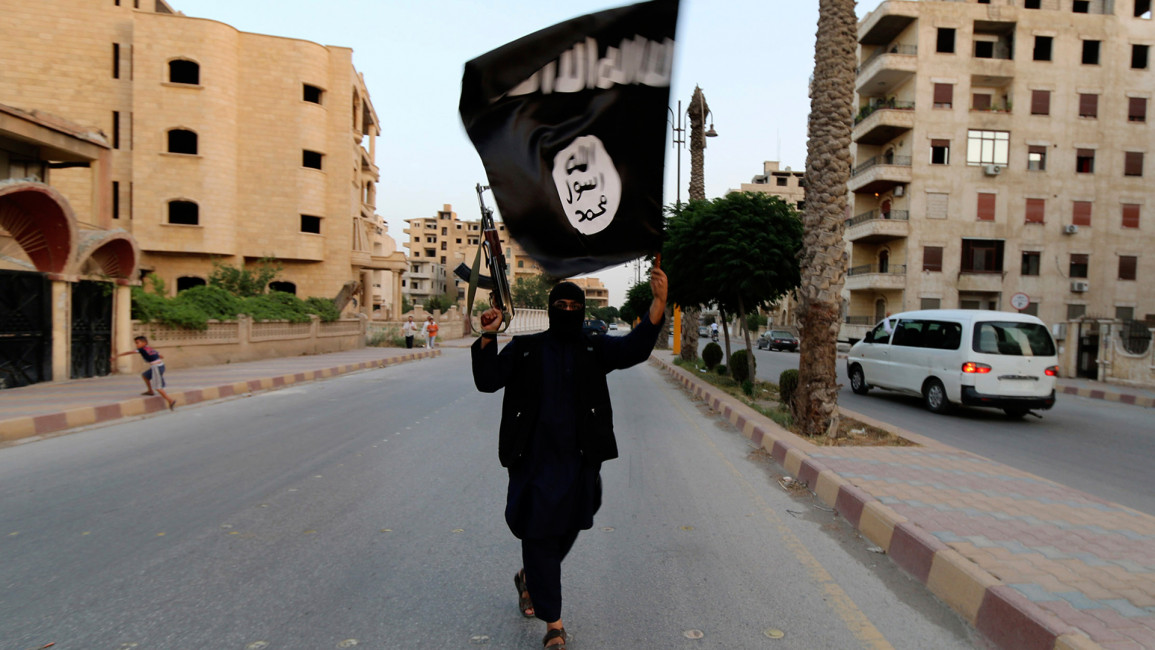UN: 'Unprecedented' number of foreign fighters joining IS
Would-be fighters from more than 80 countries have flocked into Iraq and Syria to join the Islamic State group (IS, formerly known as ISIS), according to a UN report.
As many as 15,000 people "from countries that have not previously faced challenges relating to al-Qaeda", are believed to have joined armed groups in the area.
The report, produced by the UN committee in charge of monitoring al-Qaeda, found that people travelling to fight in Iraq and Syria since 2010 has exceeded the cumulative total of the 20 preceding years, and the numbers continue to grow.
"There are instances of foreign terrorist fighters from France, the Russian Federation and the United Kingdom of Great Britain and Northern Ireland operating together," stated the report, obtained by the UK's Guardian newspaper.
The Islamic State group and similar armed groups operating in the area are less interested in carrying out assaults against the West.
"Attacks against international targets... remain a minority," the report states.
But the prospect of fighters returning to their home nations equipped with the experience and training of jihadi groups is raised in the report.
British security officials estimate that there are currently around 500 British nationals fighting in Syria and Iraq.
Al-Qaeda has been left to "manoeuvre for relevance" following the rise of the IS group - which began life as a local franchise of Bin Laden's organisation, but was kicked out by his successor, Ayman al-Zawahiri.
Despite the mutual hostility, the UN concludes that both groups "persue similar strategic goals, albeit with tactical differences regarding sequencing and substantive difference about personal leadership".
Foreign fighters are attracted by IS' "cosmopolitan" use of social media, the report said, "as when extremists post kitten photographs".
Jihadi leaders recognise "the terror and recruitment value of multichannel, multilanguage social and other media messaging", it added.



